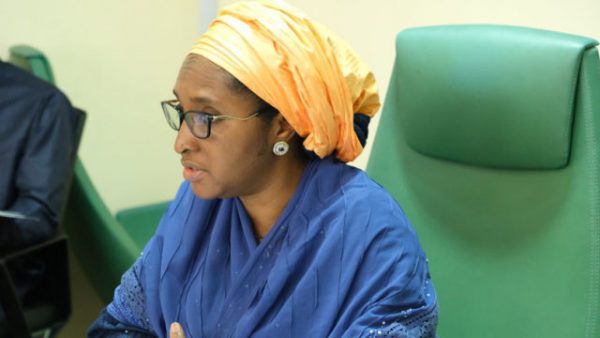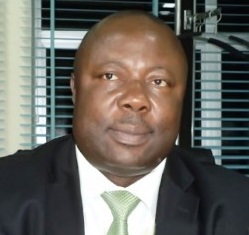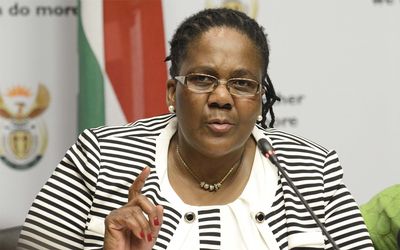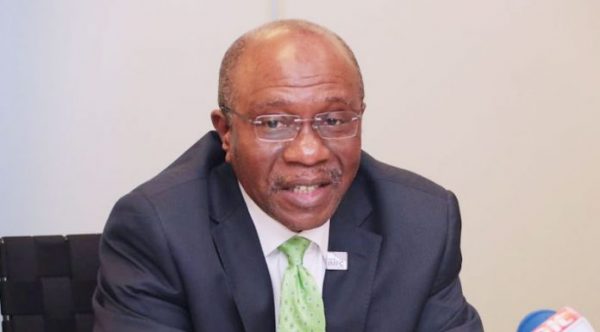Nigeria Loses N800m Annually To Vehicle Import Restriction
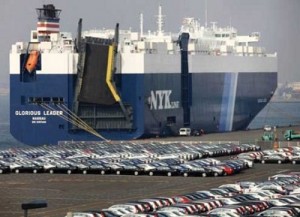 Nigeria is losing not less than N800 million annually as a result of restriction on vehicles import into the country, the President, Shippers’ Association, Lagos State, Mr. Jonathan Nicol, has said. The import restriction was part of the provisions of the National Auto Policy, aimed at encouraging local production of vehicles in Nigeria.
Nigeria is losing not less than N800 million annually as a result of restriction on vehicles import into the country, the President, Shippers’ Association, Lagos State, Mr. Jonathan Nicol, has said. The import restriction was part of the provisions of the National Auto Policy, aimed at encouraging local production of vehicles in Nigeria.
Among other things, the policy provides for a 70 per cent tariffs on vehicles imported into the country. Besides encouraging industrialisation, the policy was put in place to create employment for unemployed Nigerian youths.
However, Nicol said rather than helping the country, the policy is impacting negatively on the maritime industry in particular and the economy as a whole. He therefore called on the federal government to discontinue the implementation of the provisions of the policy “until Nigeria is ripe enough to produce her own vehicles.”
According to Nicol, some of the terminals dedicated to handling of car importation are going under because of low patronage, resulting from the implementation of the policy.
He specifically cited the case of Ports and Terminal Multi-Services Limited (PTML) known for vehicle imports, saying it is no longer receiving as many Roll-on-Roll-Off (RORO) vessels as it used to prior to the implementation of the policy.
He decried the losses the country and its people are recording, saying most importers no longer import vehicles into Nigeria but are using the port situated in the neighbouring countries, especially the Cotonou port.
He stated that the nation’s seaports were almost empty as a result of the restrictions on vehicles imports, insisting that “70 per cent tariff on cars is too expensive”.
Nicol reasoned that the auto policy should immediately be reversed to attract many of the cars being lost to ports situated in the neighbouring countries.
He said: “We should think of protecting local car manufacturers and assembly plants but this should be gradual. What we want is standards. If Nigerians decided to be helping their families by bringing fairly-used cars why should the government not encourage these families? Government should look at other maritime laws, restrictions and prohibition and reverse them.”
He also urged the government to establish the Ministry of Maritime, even as he pointed out that the incoming Minister of Transport will have a lot challenges to contend with.
“The maritime industry has many problems awaiting the minister. There is the need to get the right people to head the maritime institutions. There is the need to reduce the cost of doing business at the ports and getting the roads fixed for the truck owners to evacuate boxes at the ports. Shippers, who make maritime industry tick, should have a synergy with the Minister of Transport,” he said.
He explained that with a ministry dedicated to the maritime industry, the minister would be able to take on-the-sport decisions for the progress of all stakeholders.
“Government should break the responsibilities of the Ministry of Transport into two ministries. The maritime industry will take more of the time of the incoming minister of transport. With the ministry of maritime, a lot of problems in the ministry would be nipped in the bud. There will be port expansion, bottlenecks in cargo clearance will be solved, and people will try to get their cargoes out of the ports in 48 hours”, Nicol said.
He argued that for shippers in the country to survive, the costs of doing business at the nation’s seaports must be reduced drastically.




